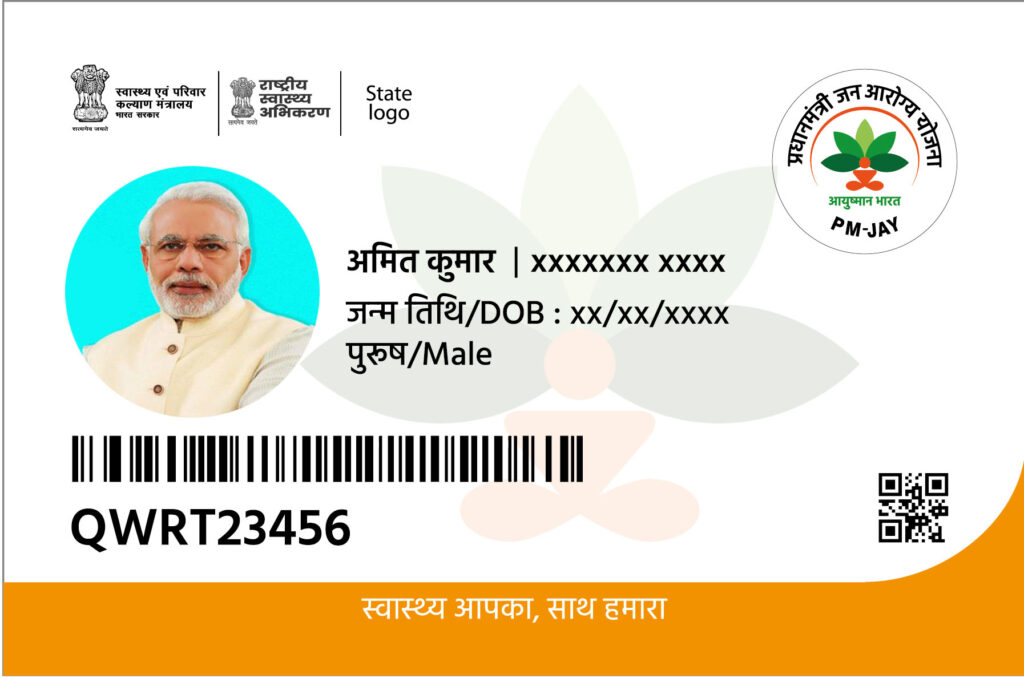Here is the list of questions asked by panel members in Mock interview. This is provided by candidates who attended mock interview in Trichy. What are the questions asked by panel members? Self intro, mechanical questions, why arrears, fiscal policy, rbi related questions, payments Bank, private banks, pm awas Yojana What is the difference between nationalized banks and public sector banks? What is hypothecation, pledge and mortgage? What are the types of ways we can return the money to someone? What is banking regulation act? Self intro What is bank About my education Why banking after your degree How ur degree is useful in banking Neft and rtgs diffrence Crr amd slr rate What is budget Demand and term deposit Deficit What's rbi function What's clean note policy And banking terms explanation And asked about career cap and why I didn't pursue higher education Details about mudra loan You have a long gap after the degree so panel members won't select you. There is only 3...
Pradhan Mantri Jan Arogya Yojana
Details
PMJAY is a health insurance scheme for low-income Families of rural and urban areas. The scheme aims to provide affordable health care facilities to the Poor.
Key Features of PM-JAY
- PM-JAY is the world’s largest health insurance/ assurance scheme fully financed by the government.
- It provides a cover of Rs. 5 lakhs per family per year for secondary and tertiary care hospitalization across public and private empanelled hospitals in India.
- Over 10.74 crore poor and vulnerable entitled families (approximately 50 crore beneficiaries) are eligible for these benefits.
- PM-JAY provides cashless access to health care services for the beneficiary at the point of service, that is, the hospital.
- PM-JAY envisions to help mitigate catastrophic expenditure on medical treatment which pushes nearly 6 crore Indians into poverty each year.
- It covers up to 3 days of pre-hospitalization and 15 days post-hospitalization expenses such as diagnostics and medicines.
- There is no restriction on the family size, age or gender.
- All pre–existing conditions are covered from day one.
- Benefits of the scheme are portable across the country i.e. a beneficiary can visit any empanelled public or private hospital in India to avail cashless treatment.
- Services include approximately 1,393 procedures covering all the costs related to treatment, including but not limited to drugs, supplies, diagnostic services, physician's fees, room charges, surgeon charges, OT and ICU charges etc.
- Public hospitals are reimbursed for the healthcare services at par with the private hospitals.
Benefits
A health coverage up to Rs. 5,00,000 per family per year, for secondary and tertiary care hospitalization through a network of Empaneled Health Care Providers (EHCP).
- The Scheme covers all expenses incurred on the following components of the treatment.
- Medical examination, treatment and consultation
- Pre-hospitalization
- Medicine and medical consumables
- Non-intensive and intensive care services
- Diagnostic and laboratory investigations
- Medical implantation services (where necessary)
- Accommodation benefits
- Food services
- Complications arising during treatment
- Post-hospitalization follow-up care up to 15 days
- Pre-existing diseases are covered from the very first day
- No restriction based on the size of family, age or gender.
- Cashless and Paperless access to services for the beneficiaries at the both public and private hospitals.
- Benefits of the scheme are portable across the country
Eligibility
For Rural Areas (any of the following)
Families having only one room with kucha walls and kucha roof;
Families having no adult member between age 16 to 59;
Female headed households with no adult male member between age 16 to 59;
Disabled member and no able bodied adult member in the family;
SC/ST households;
Landless households deriving major part of their income from manual casual labour,
Families in rural areas having any one of the following: households without shelter, destitute, living on alms, manual scavenger families, primitive tribal groups, legally released bonded labour.
For Urban Areas (any of the following)
- Ragpicker
- Beggar
- Domestic worker
- Street vendor/ Cobbler/hawker / other service provider working on streets
- Construction worker/ Plumber/ Mason/ Labour/ Painter/ Welder/ Security guard/ Coolie and other head-load worker
- Sweeper/ Sanitation worker/ Mali
- Home-based worker/ Artisan/ Handicrafts worker/ Tailor
- Transport worker/ Driver/ Conductor/ Helper to drivers and conductors/ Cart puller/ Rickshaw puller
- Shop worker/ Assistant/ Peon in small establishment/ Helper/Delivery assistant / Attendant/ Waiter
- Electrician/ Mechanic/ Assembler/ Repair worker Washer-man/ Chowkidar
Exclusions
As per the SECC 2011, the following beneficiaries are automatically excluded:
- Households having motorized 2/3/4 wheeler/fishing boat
- Households having mechanized 3/4 wheeler agricultural equipment
- Households having Kisan Credit Card with credit limit above Rs. 50,000/ -
- Household member is a government employee
- Households with non - agricultural enterprises registered with government
- Any member of household earning more than Rs. 10,000/ - per month
- Households paying income tax
- Households paying professional tax
- House with three or more rooms with pucca walls and roof
- Owns a refrigerator
- Owns a landline phone
- Owns more than 2.5 acres of irrigated land with 1 irrigation equipment
- Owns 5 acres or more of irrigated land for two or more crop season
- Owning at least 7.5 acres of land or more with a t least one irrigation equipment.
Application Process
- Offline
- To check out if you are a beneficiary, you can login https://mera.pmjay.gov.in/search/login using your mobile number.
- You do not need to enroll anywhere to claim benefits under the scheme.
- To claim benefits under the scheme you can get yourself identified at the nearest empaneled hospital or Community Service Centre (CSC)
Documents Required
At the time of Hospitalization the Beneficiary will need to show his/her PMJAY Card along with one ID Proof ( Voter ID / PAN card / License etc.)

Comments
Post a Comment